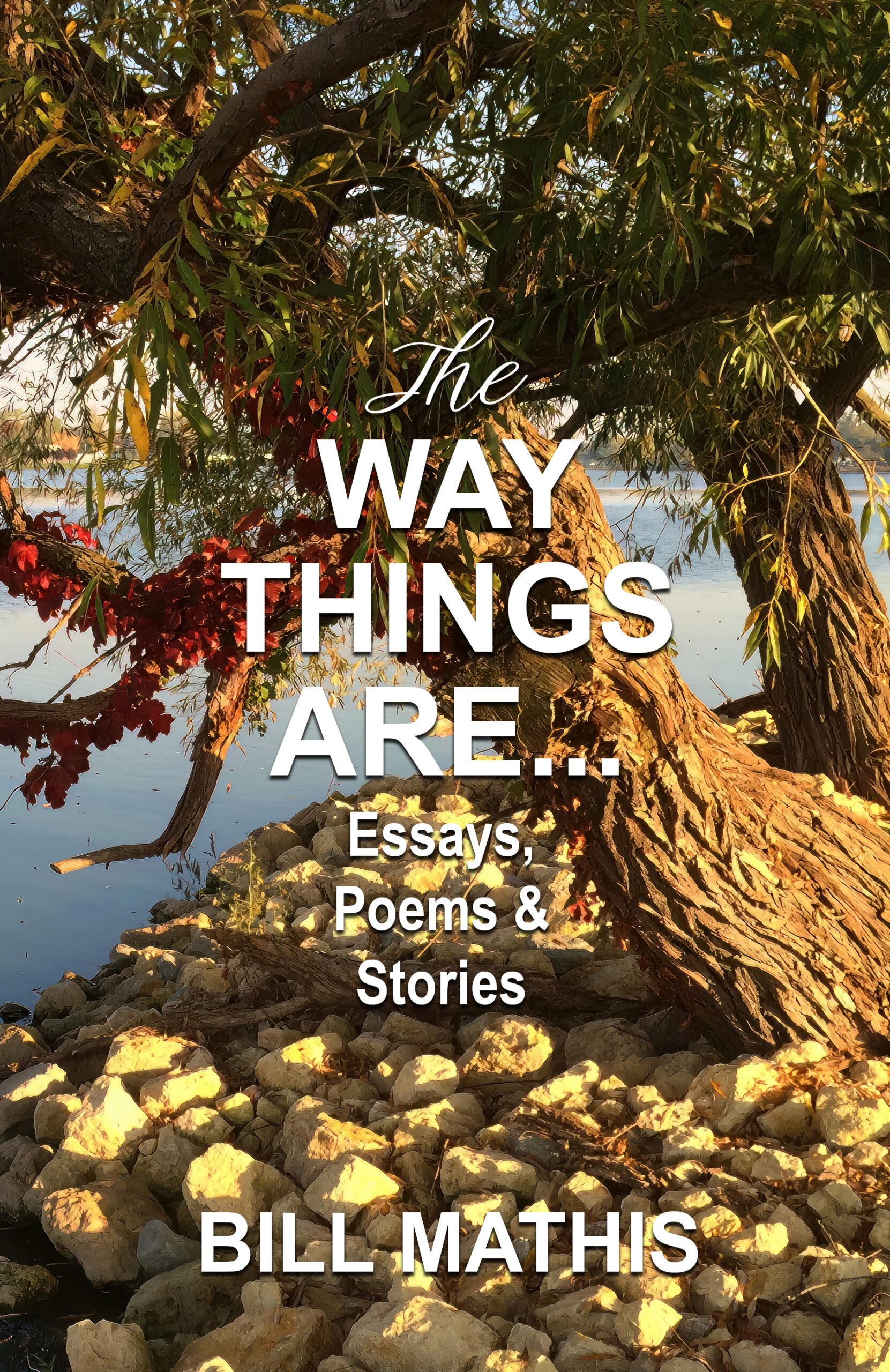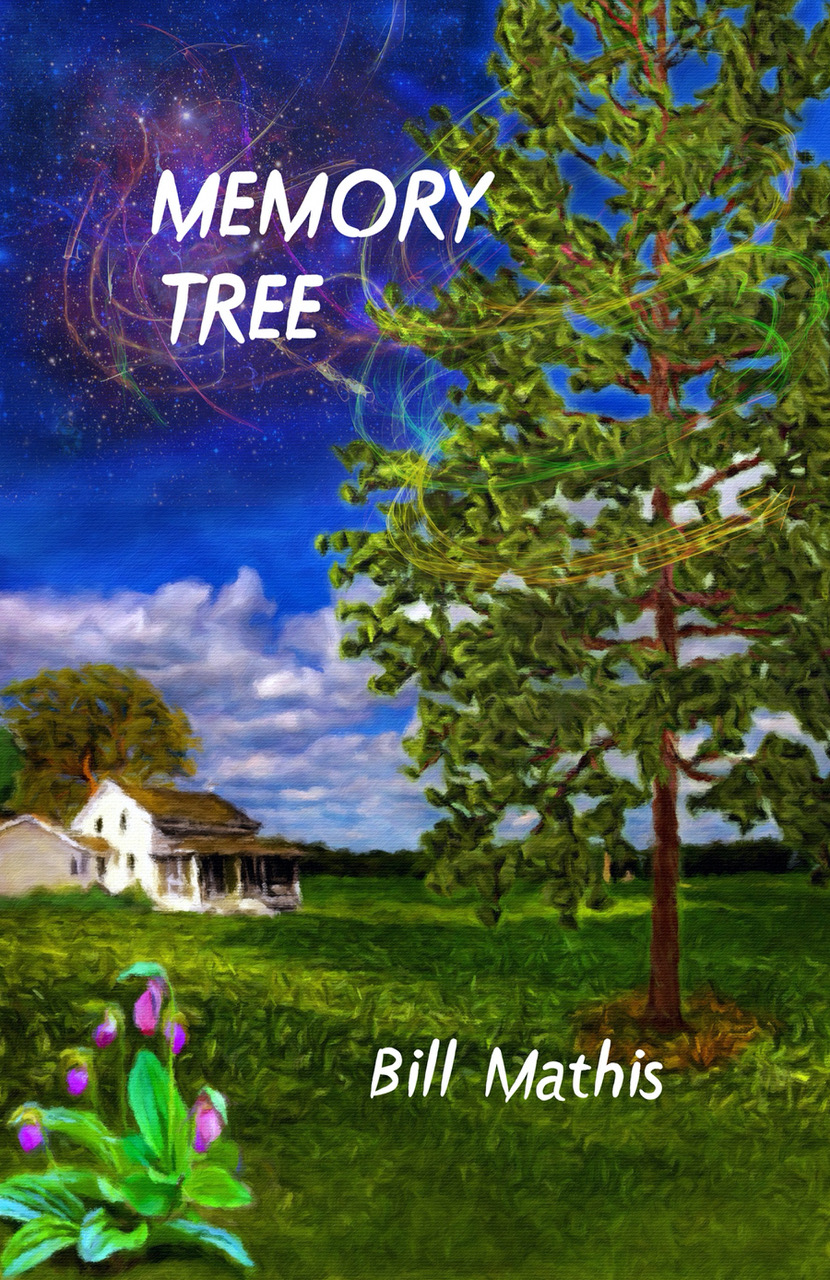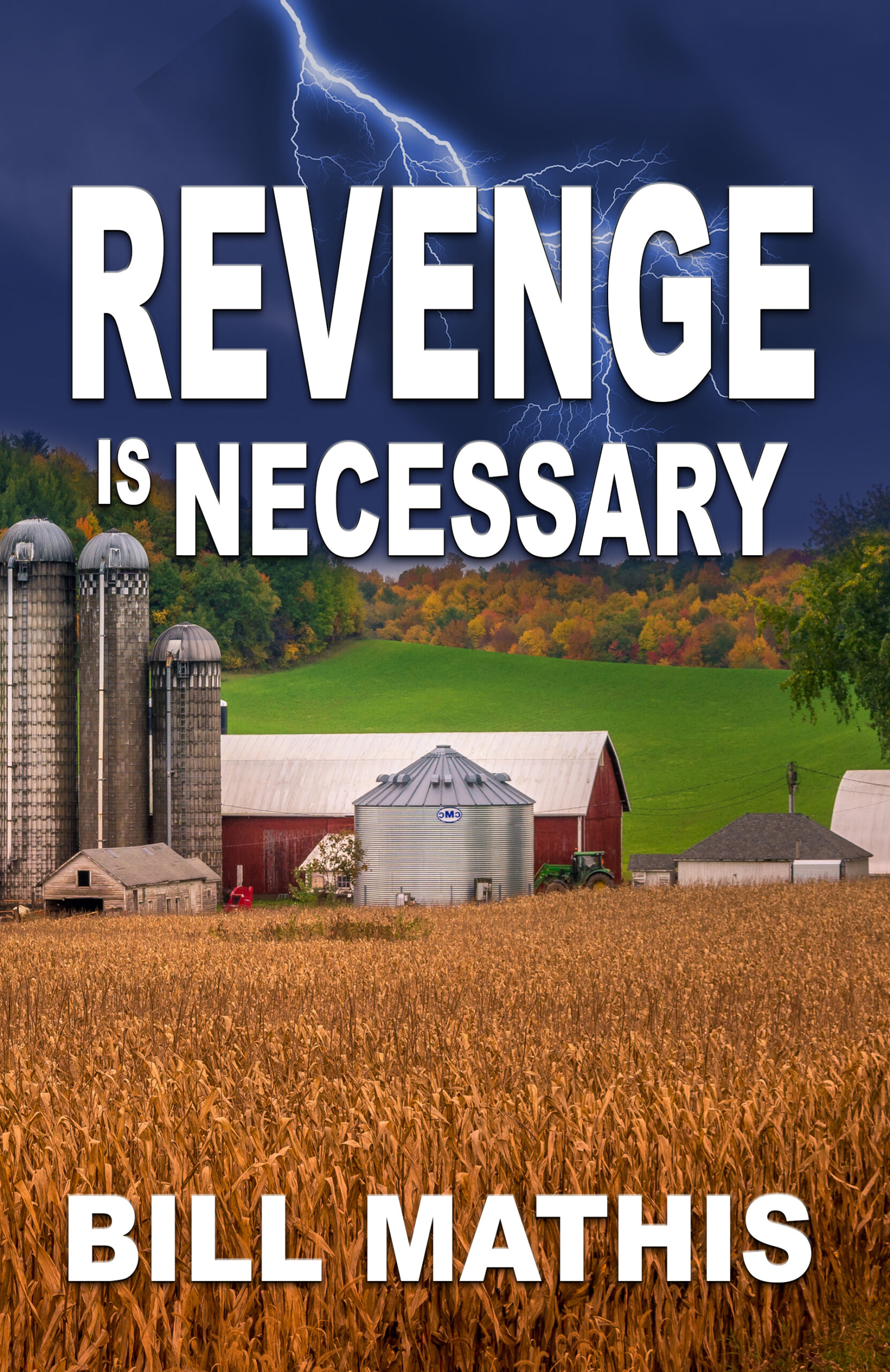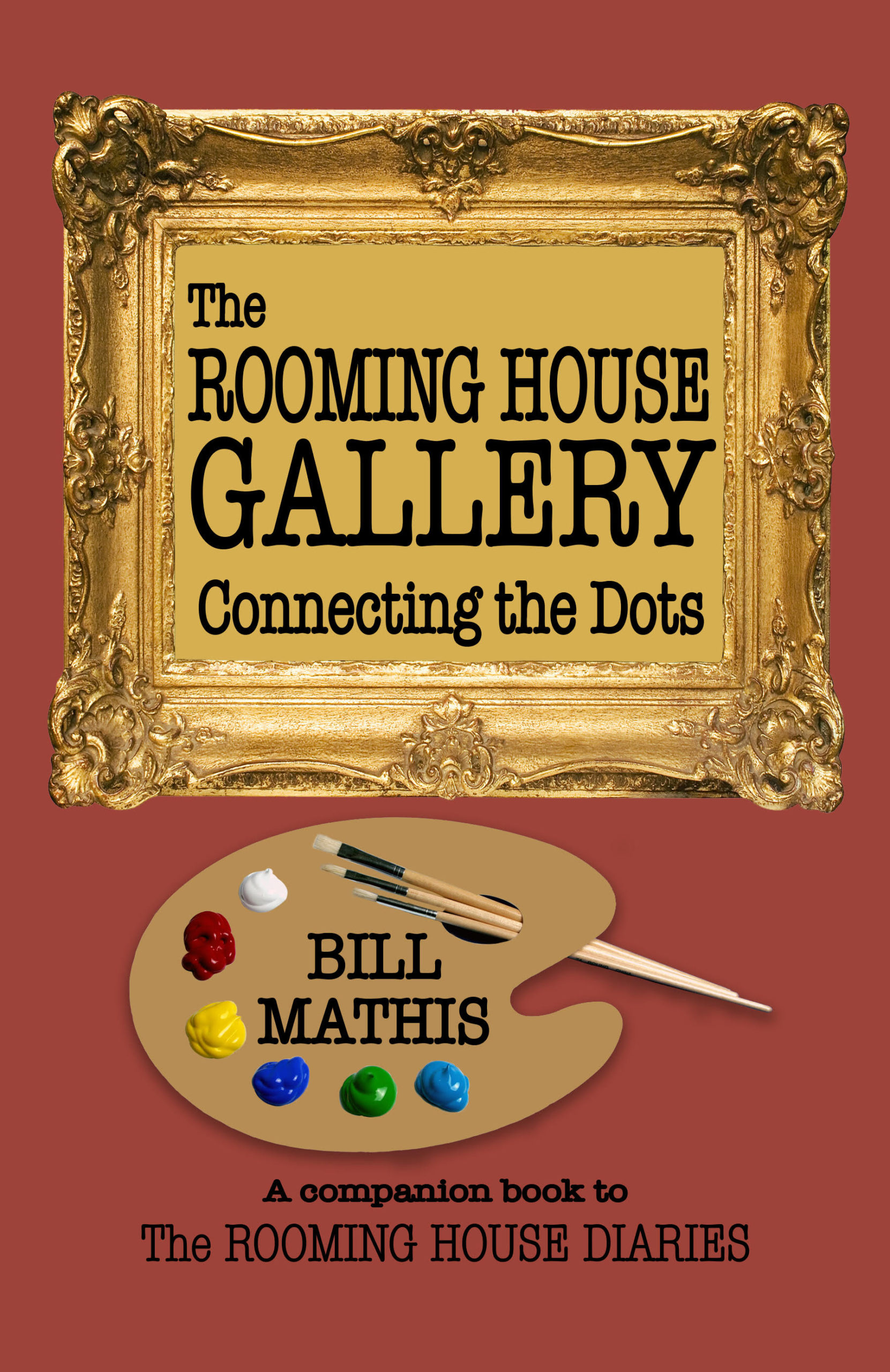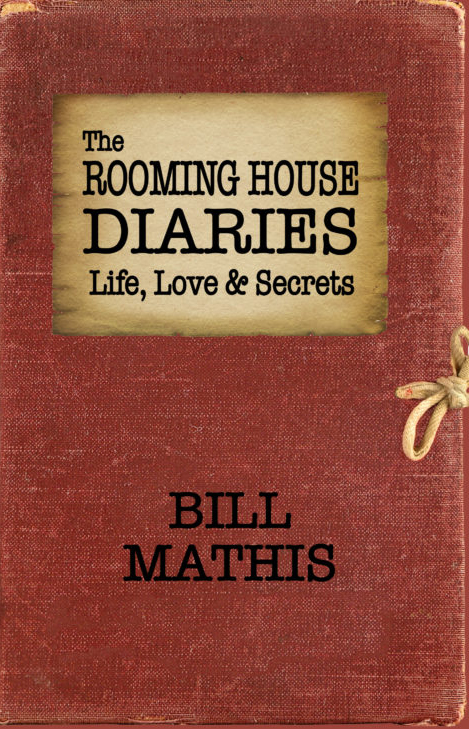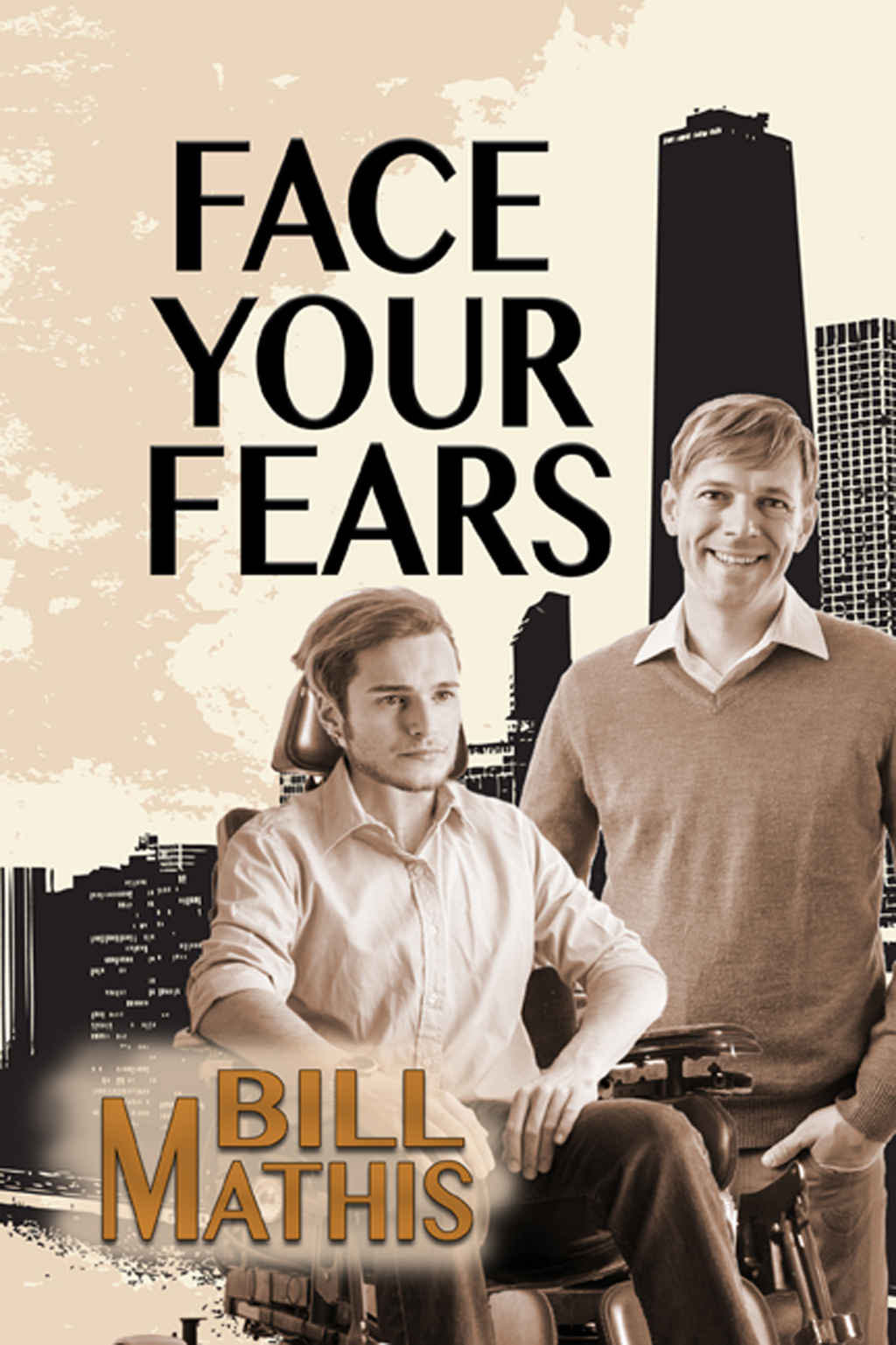Author’s note: This is a piece I wrote five years ago. I made several weak attempts at getting it published—all unsuccessful. Now, I’ve decided to post it in short chapters on my blog. All names have been changed and some details. Since I wrote this, my beloved dog, Baxter, has died, I’ve gained weight, again and have three novels published and two more in the works. Like the river, life goes on is usually wonderful! Enjoy and feel free to give me feedback. Bill Mathis
The River Path – Chapter 4
Late, on a dark and chilly April night, I hear a plaintive wail, but can’t identify the source. “Why are you doing this to me? F*** you… F*** you!” Good grief, I think, must you yell into your cell phone so everyone can hear?
I debate whether to take the river path, my usual route, toward the poorly lit underpass, tonight the direction of that voice, or avoid any potential issues and take a shorter route near the street, through the crosswalk. Then I see a young man, walking away, taking the sidewalk up toward the bridge that goes over the river, over the underpass, still muttering and yelling. I head for the underpass and am almost there when I notice he’s turned around and is coming down the grassy hill toward me, stumbling around the shrubs, hurrying in an unsteady gait. There is no way to avoid him.
“Why are you doing this to me?” He cries out again. No cell phone in sight.
“Buddy, I’m not doing anything to you,” I reply, say it more calmly than I feel. “What’s wrong?”
He stumbles closer to me. Nice looking, slender, clean, but a distraught look on his face, in his eyes. “Man, I’m going to kill your dog.” I sense a cry, not a threat. A cry for help. “I think I’m going to kill that dog. I think I’m going to kill you.”
My mind wonders if I am safe, will I be harmed? Why didn’t I take the crosswalk? Yet, my gut is calm, accepting. I go with my gut; this young man needs help.
“Buddy, you’re not going to kill my dog, no one is getting killed tonight.” I say it non-threateningly. Again ask, “What’s wrong?”
He suddenly reaches into both pockets. I wonder what the hell he’s got in there, a knife? A gun? And why did I go with my gut? He pulls a few crumpled dollar bills, loose change, ear buds, and a cigarette lighter out of his pockets. He clumsily throws them on the ground at my feet. “Here, you can have them, I don’t need them anymore.”
“I don’t need your things,” I say, catching movement out of the corner of my eye. A policeman quietly walks toward us. I put my arm around the guy, who allows me to pull him close. Being new to Beloit, I’m worried how the officer may respond. I respect policeman, but in my work with disenfranchised children in another city, was frequently disappointed in their responses to the foster children I worked with. Frequently, they over-reacted in nonthreatening situations. “Officer, this young man needs some help,” I say with caution.
The officer responds appropriately, quickly asks his name—it’s Johnny—explains he needs to frisk him, that he will handcuff him, but they won’t be tight, this is for his own safety. He treats him with patience, respect and empathy. I was impressed and relieved. A patrol car pulls up, Johnny is carefully put in the back seat, I pick up Johnny’s possessions, hand them to the officer, try to smile as they drive away.
That poor kid, I think, needs to be on meds or is trying to kill his inner pain with drugs. I feel good about the way the police handled Johnny, but have no idea what occurred later, where he ended up, or how much mental health help he will actually receive.
Almost home, I meet a friend with an acquaintance who is a retired police person. I replay the situation, tell them how badly I feel for the kid. The ex-cop barks, “We should let people like that self-select, you can’t fix them, just fish them out of the river later.”
The idea of Johnny jumping off the bridge had not crossed my mind till then. Is that why he started walking toward the bridge? Why did he turn around? Why did he tell me to take his things he no longer needed? Did he say won’t need—instead of don’t need? I walk away with mixed emotions. Glad the cop is retired and that I don’t see him very often. Thankful someone like him wasn’t on duty tonight to handle Johnny. Relieved that Johnny didn’t jump, that something made him turn around. Sad there seems to be so few resources for mentally ill people.
At home, I wonder how I would have responded if Johnny was black, not white. Just how deep my self-described sense of little prejudice truly goes. Would I have responded differently? Taken the crosswalk? Still hugged him to let the policeman know he wasn’t a threat? I think so, I hope so, but my gut twists when I think about it.
Chapter 5, next week!

